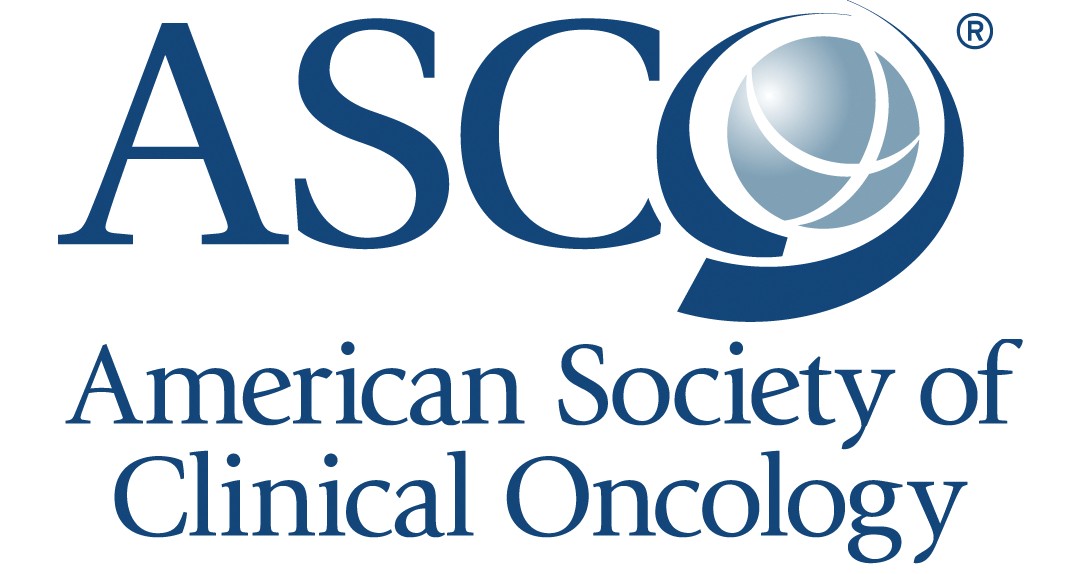Share this Page:
Two studies were presented during the 2020 American Society of Clinical Oncology (ASCO) Virtual Scientific Program to investigate whether initial treatment of metastatic renal cell carcinoma (RCC) patients with nivolumab followed by the addition of ipilimumab for patients with either stable or progressive disease would be as effective as upfront combination therapy and with less side effects.
The first study (OMNIVORE) tested the addition of up to two cycles of ipilimumab in people who didn’t respond to nivolumab alone. This study recruited 83 patients. Treatment with nivolumab resulted in a partial response in 11% of patients. Adding ipilimumab only resulted in an additional 4% of patients having a partial response. These results suggest that delaying treatment with ipilimumab decreased the overall efficacy of the nivolumab plus ipilimumab combination.
The next study (HCRN GU16-260) was similar to the OMNIVORE study, but up to four doses of ipilimumab were given to patients with stable or progressive disease instead of two. There were 123 patients with metastatic RCC in the HCRN GU16-260 study. Overall response rate was 29.3% with nivolumab alone, with 4.3% of patients having a complete response, and 30.7% of patients with progressive. Of the 30 patients who went on to have the nivolumab plus ipilimumab combination, 11% of patients had a partial response and 59% had progressive disease. This study provided further evidence that delayed ipilimumab may not be as effective as upfront combination therapy.














